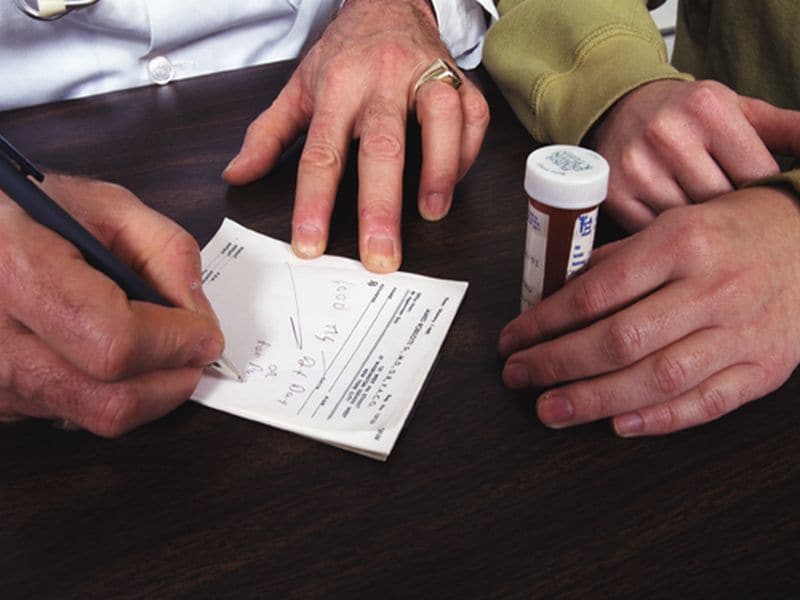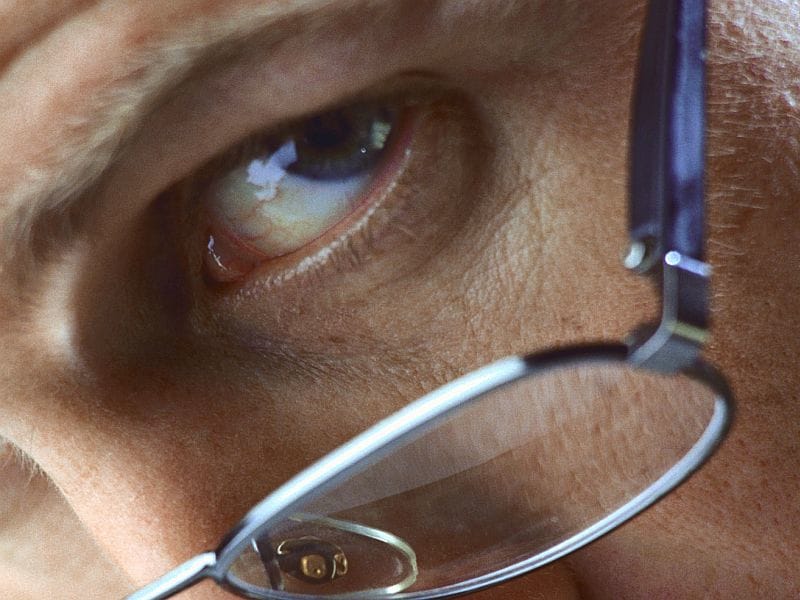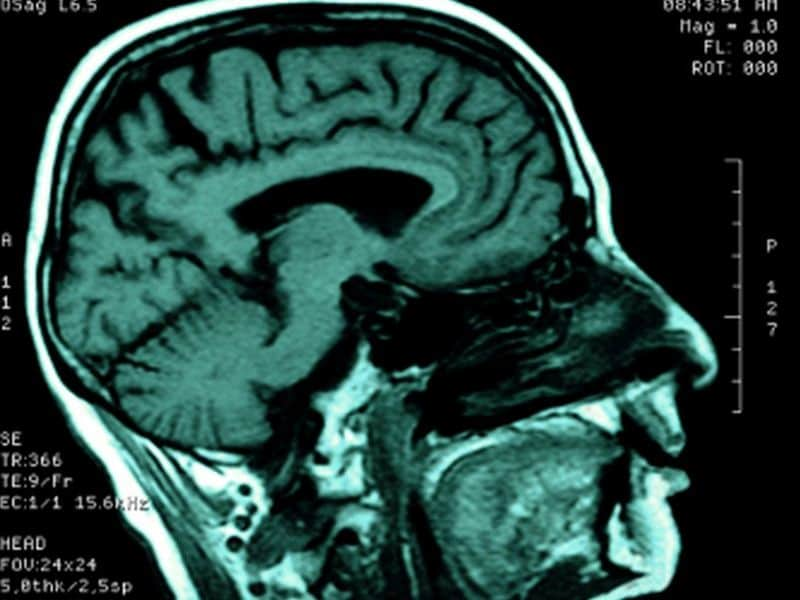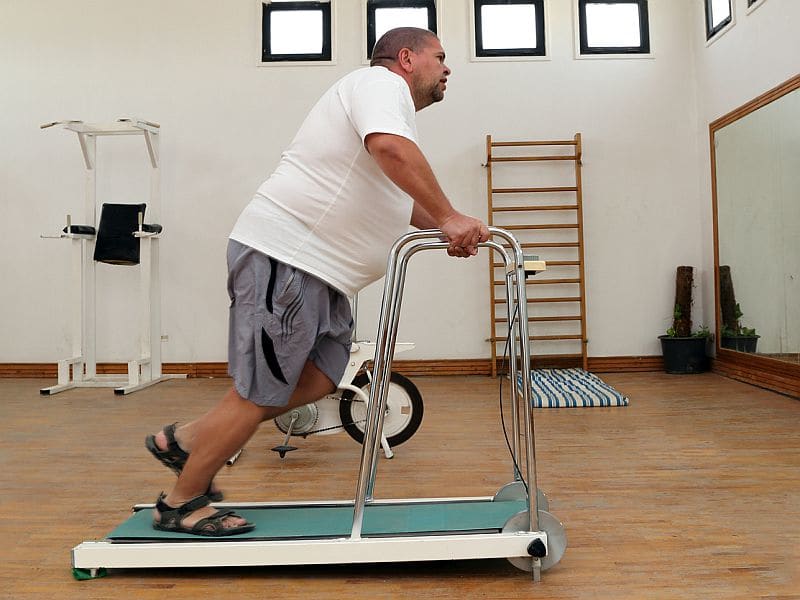
In a sign that the U.S. opioid epidemic is still not under control, a new report shows that prescriptions for the highly addictive painkillers haven’t declined in the last decade. After peaking in 2012-2013, opioid use and doses leveled off. But doses were still higher in 2017 than in 2007, and opioid use was particularly… read on >















